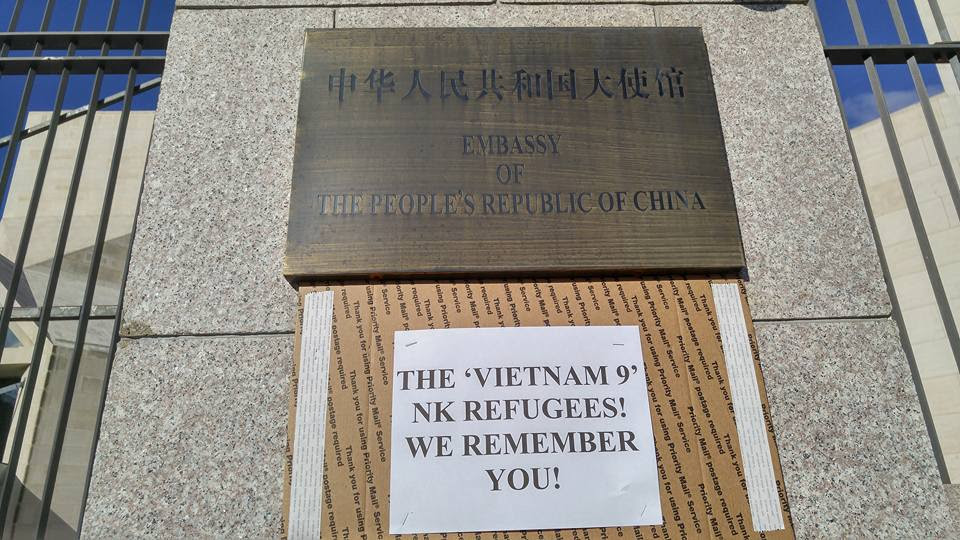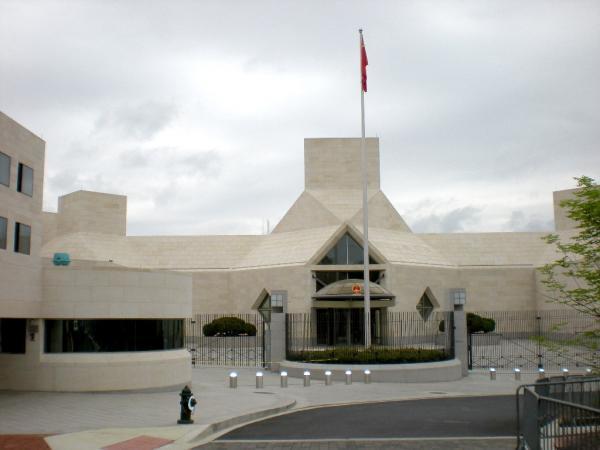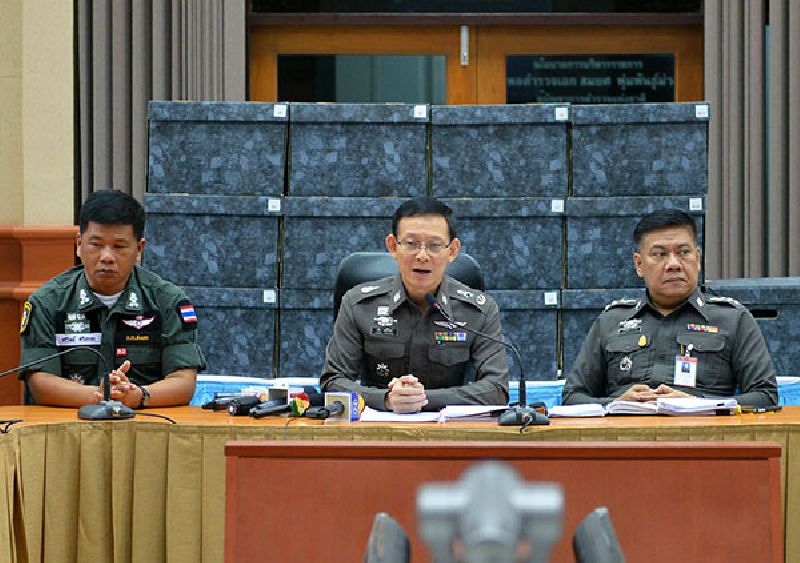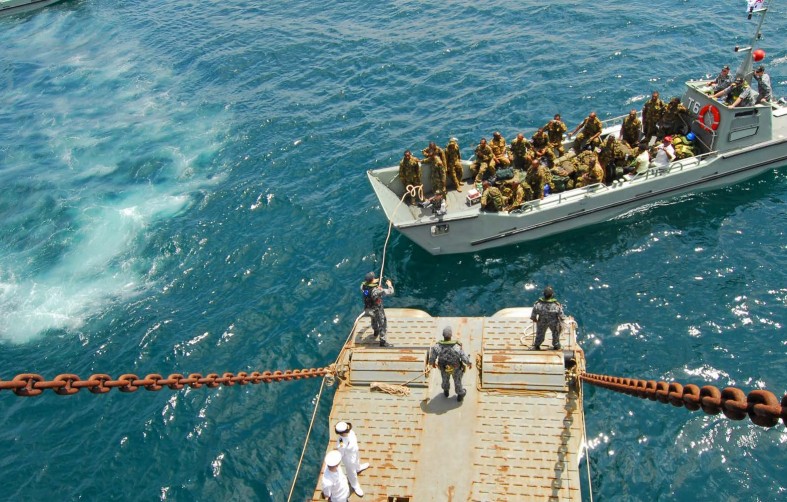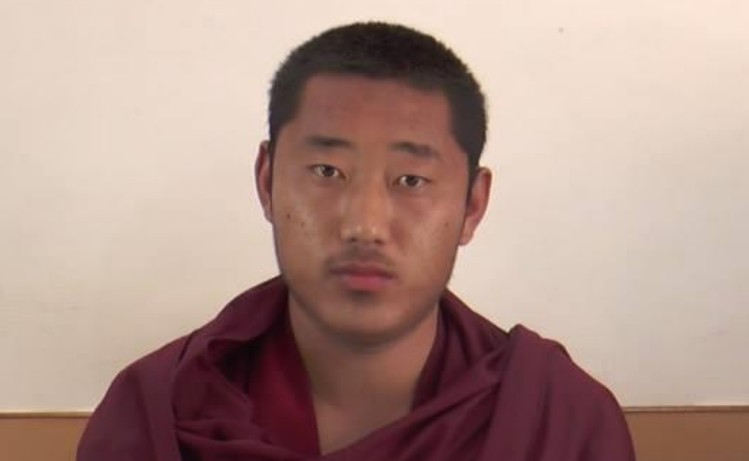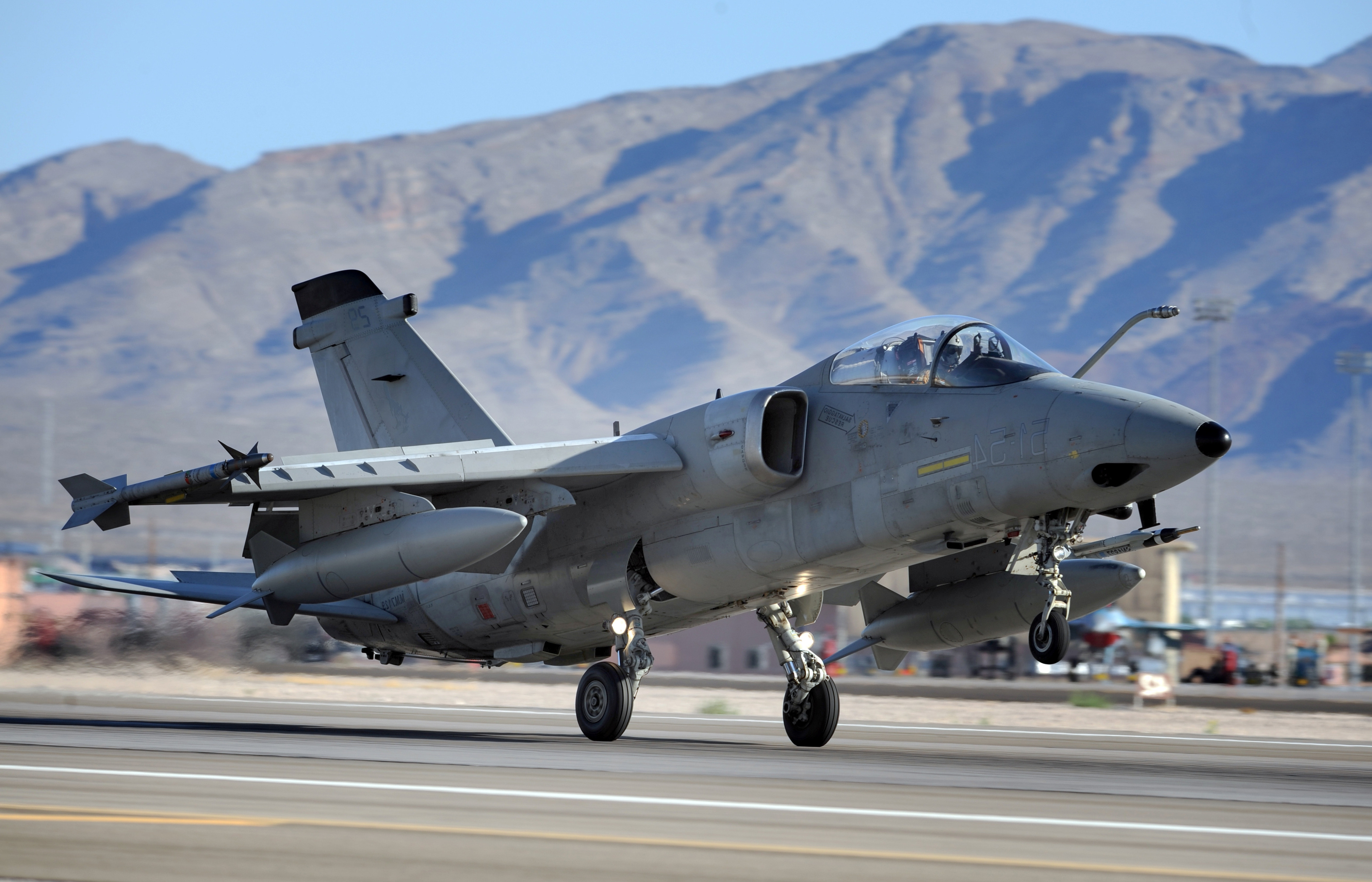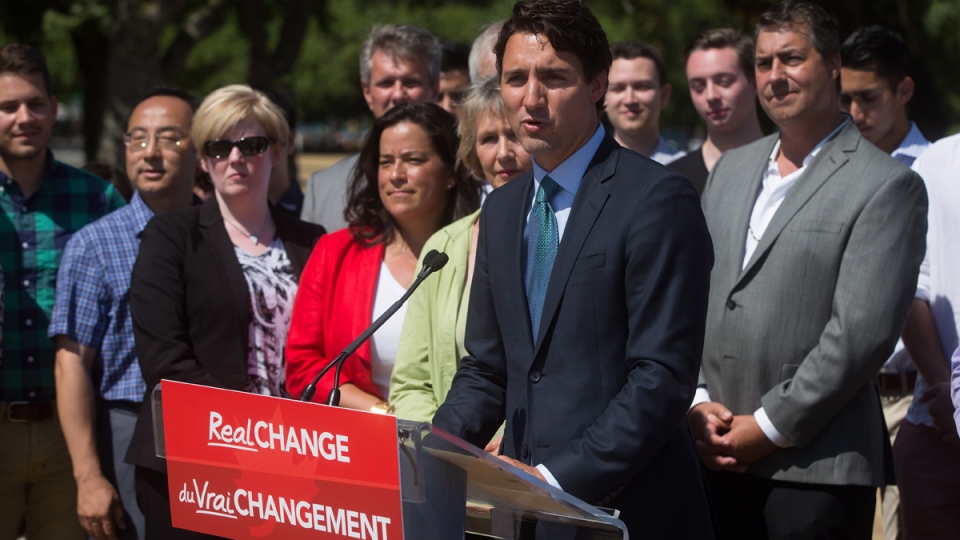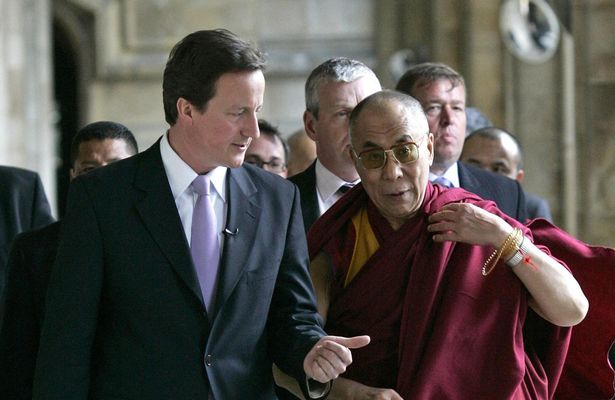In the month of November, Islamic violence in 30 countries took the lives of over 1,455 people and critically injured 1,706. The record, kept by watch group The Religion of Peace, has been maintained since the attacks on New York’s World Trade Center in 2001.
Several attacks took place every day of the month in the countries of Afghanistan, Azerbaijan, Bangladesh, Bosnia, Cameroon, Central African Republic, Chad, Democratic Republic of Congo, Egypt, France, India, Iran, Iraq, Israel, Italy, Jordan, Lebanon, Libya, Mali, Niger, Nigeria, Pakistan, Philippines, Saudi Arabia, Somalia, Syria, Thailand, Tunisia, Turkey, the United States, and Yemen.
TROP editor Glen Roberts noted on his webpage that in light of the spotlight on Islamic violence following the attacks in Paris last month and California this month, although anti-Muslim attacks have risen in Western countries, still just one Muslim has been killed by a targeted hate crime in America since the September 9/11 attacks. In the same amount of time, Islamic terrorists have killed 73 people in 33 attacks in the U.S., not including Islamic honor killings within the country.
The tallies do not include honor killings or deaths that result from motivations other than religious attacks, although honor killings are recorded by TROP. The numbers are also expected to be low compared with actual deaths and injuries because TROP can only count attacks that are reported, and is not able to count deaths that occur some time after an attack has taken place.
Roberts has written extensively on the subject of Muslims and the violence associated with the Muslim population as compared with other populations. He has stated that no Muslim should be harmed, harassed, stereotyped or treated any differently anywhere in the world solely on account of their status as a Muslim, but that the consequences of ideas associated with the ideology and culture of Islam should be recognized.
“The recent attacks are growing proof that Muslim migration is an unnecessary risk,” Roberts told us. “There is no benefit to Westerners that outweighs the inevitable security costs, cultural strain and sporadic loss of life.”
